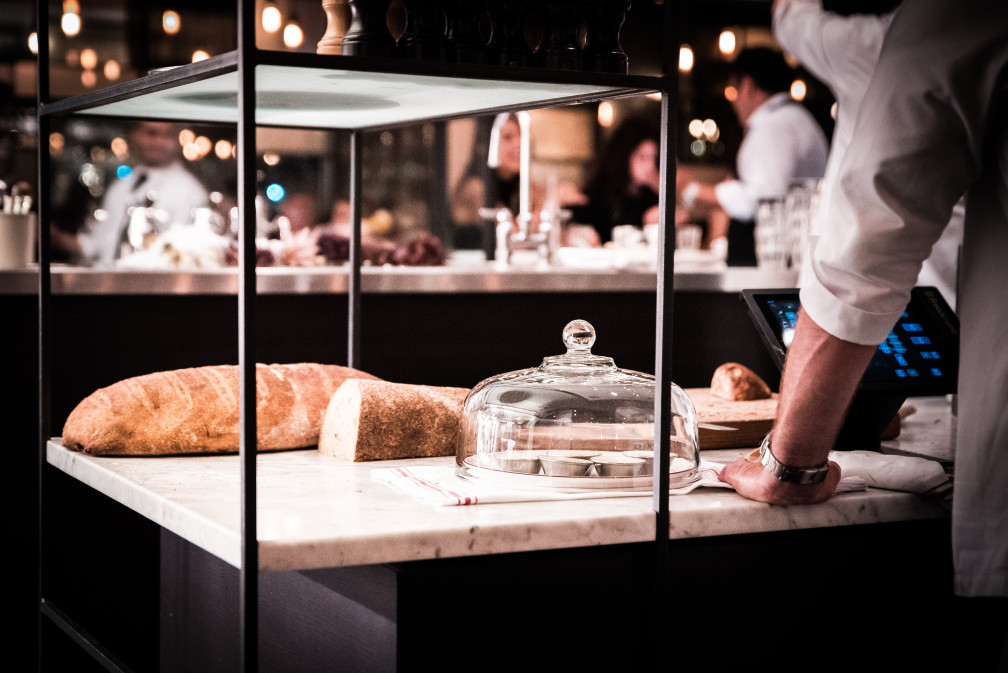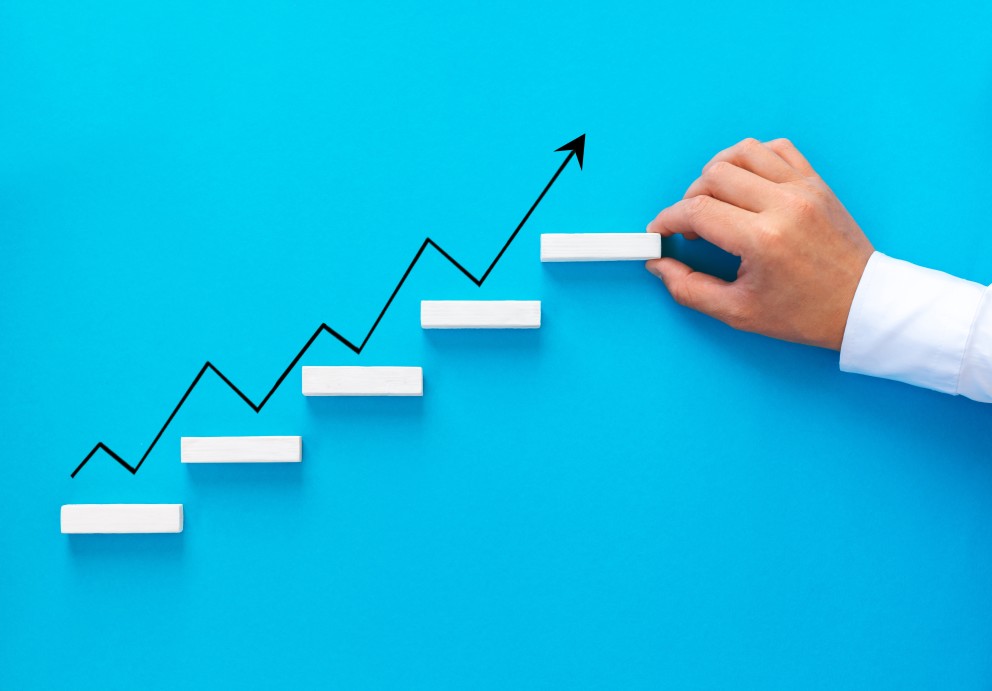“People are increasingly fearing the divisions within, even the potential coming apart of, our country. Rich/poor, black/white, young/old, red/blue: The things that divide us are not new, yet there’s a sense now that the glue that held us together for more than two centuries has thinned and cracked with age. That it was allowed to thin and crack, that the modern era wore it out… There is a broad fear out there that we are coming apart, or rather living through the moment we’ll look back on as the beginning of the Great Coming Apart.”
This
recent statement by journalist Peggy Noonan stands alone. It is a case to be consciously considered and upon which each of us should take time to reflect.
Noonan goes on to contrast President Obama as a “divider” and Representative Paul Ryan as a “thinker,” but it is the idea of the Great Coming Apart about which I have more questions.
Divisions within American society are not new; in fact they are uniquely American. A nation founded as a safe haven for people with differences, our country has historically been an example of tolerance and respect.
Called a tapestry and a melting pot, the United States of America has always been a place where people came together, respecting their differences but placing those differences as subservient to their greater identity as Americans.
So is it true that these differences, “rich/poor, black/white, young/old, red/blue,” have become divisions amongst us? Are they really ripping us apart?
It cannot be denied that this fear of division pervades the current political atmosphere like static electricity. It keeps us all charged and on-edge, though it is difficult to address. In fact, it is virtually impossible to qualify and codify, so a review of history may not reveal whether these sentiments are new.
Will future history remember our current moment “as the beginning of the Great Coming Apart?” We cannot yet know. But we can take steps against such a separation; we must do what we can to remain a cohesive shining city.
For a solution, I look to economics, education, and faith.
The economy is engaging and experiential. It is through market interactions that relationships with fellow human beings are built. In turn, these relationships foster within individuals virtues including honesty, civility, industry and reliability. Anti-capitalist protesters call this system evil. Perhaps it is their rejection of the market that has resulted in the lack of its virtues. We should seek to increase such free market interactions, to revive these virtues within us.
Education is also an integral element to healing society. It has been long said that bigotry is the result of ignorance. In her article, Noonan praises Rep. Ryan as understanding the secret to deposing these divisions:
“He is doing something unique in national politics. He thinks. He studies. He reads. Then he comes forward to speak, calmly and at some length, about what he believes to be true.”
An effort to study all angles of an issue that divides us, will lead to an increasingly congenial atmosphere. We may never fully agree on any given issue, but by making an effort to understand the other side, we can certainly respect each other’s positions.
Finally I look to faith to heal division in society, however trite that may sound. Many argue that faith divides us, but I ask through what other authority do we derive our social contract? Faith is invaluable as there is no major religion within America that does not teach respect for our fellow man.
Visiting the United States of America after the First World War, British author and theologian G.K. Chesterton reflected that, “there is no basis for democracy except in a dogma about the divine origin of man.”
We should encourage and value faith in society, instead of treat the subject like a taboo.
Though the engagement of economics, education and faith, I would hope that this time in our history could be seen, not as a coming apart, but as a great time of healing.
]]> 

